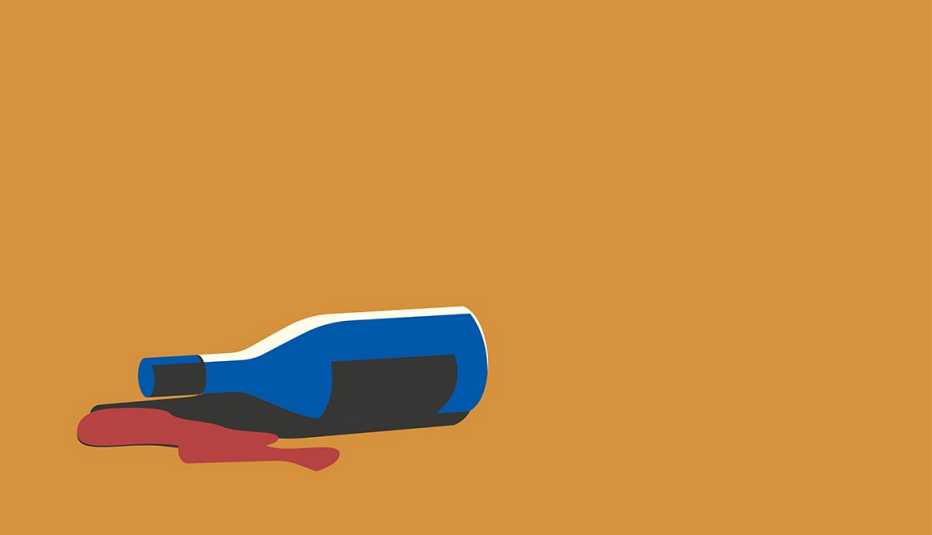AARP Hearing Center


It may start with a nightly glass of wine to unwind. Soon enough, one glass becomes two or maybe three ... and you begin to associate your evening walk through the door with the sound of the wine pouring into the glass. Maybe you begin to look forward to that moment all day.
Beware when a drinking habit escalates, says George F. Koob, director of the National Institute on Alcohol Abuse and Alcoholism (NIAAA) at the National Institutes of Health in Bethesda, Maryland: “There’s nothing inherently wrong with a 5 o’clock drink, but it can be a problem if you take it further. Two is not better than one, and four is not better than two.”
The consequences of heavy alcohol use are serious and include an increased risk of cancer, dementia, falls and dangerous interactions with medications.
New research suggests the risks of even moderate or light drinking may outweigh the benefits. In June, the World Health Organization said that no level of alcohol consumption is safe for our health. And a new study funded by the National Institutes of Health found that binge drinking among adults ages 35 to 50 has reached historic levels. Although men have historically suffered more health problems from alcohol, a JAMA study published in July found that the rate of increase in alcohol-related deaths is rising faster in women than men, particularly for those 65 and older.
Alcohol-use disorders range in severity from mild to moderate to severe. “You can have a disorder and not fit the stereotype of a drunk falling down in the street,” says Austin Lin, a psychiatrist with McGovern Medical School at UTHealth Houston. “You can be a high-functioning alcoholic.”
Lin cites these danger signs that you may have a problem:
- Increased tolerance: Does it take more alcohol to get the same effect?
- Trouble stopping: Do you have a hard time cutting off your drinking once you start?
- Unhealthy focus: Do you spend time thinking about drinking?
- Solo style: Do you drink alone?
- Morning maintenance: Do you drink when you wake up?
- Harm to relationships: Do you get into more arguments with loved ones when you drink?
- Decreased productivity: Have you neglected other things because drinking has taken its place? Have you missed work because of drinking?
- Physical symptoms: Has a withdrawal from alcohol caused you to become shaky, nauseous and sweaty?
- Dangerous behavior: Are you more promiscuous when you drink, or have you driven a car after drinking?





































































More on Alcohol
9 Expert Tips on How to Cut Back on Alcohol
More and more people are sober curious, toying with the notion of drinking less. Here’s how to get started.
Can a Pill Help You Quit or Curb Your Drinking?
Medications for alcohol use disorders are just one treatment option
The Link Between Drinking and Depression
Unhealthy drinking habits? Your mental health could be at stake